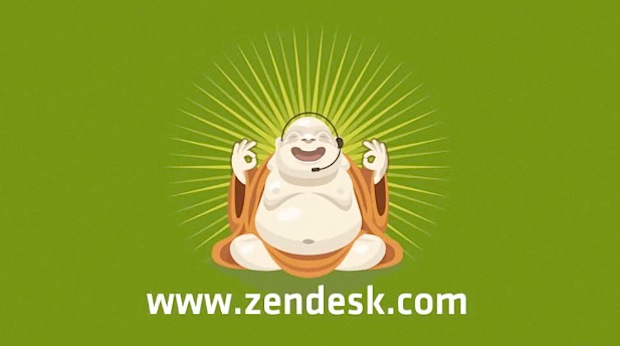The news that Google were releasing a service called Keep designed to store things you find on the web for future reference received a hostile response yesterday.
It seems the company’s dropping Google Reader into the deadpool proved the final straw for many of the tech early adopters who’d invested too much time building their feeds and other digital assets only to find services taken away from them.
This isn’t just Google Reader, various other services are suffering; Google Alerts has become functionally useless while the Frommers guide book franchise is slowly dying after the company bought it from John Wileys.
Corporate Attention Deficit Disorder
Google are suffering corporate Attention Deficit Disorder (ADD) where management find a bright shiny thing, play with it for a while then get bored and wander off.
This is trait particularly common amongst cashed up tech companies. In the past Microsoft and Yahoo! were the best examples, but today Google is the clear leader in the Corporate ADD stakes.
Corporate ADD requires a number of factors – the main thing is a big cash flow to fund acquisitions.
In companies with this luxury, bored managers find themselves looking for things to do with all the money flowing through the door and when a hot new product or market sector appears those executives want to be part of it.
So a company gets acquired or a project is set up and the advocate drives it relentlessesly within the corporation, usually with lots of PR and write ups in the industry press.
Then something happens.
Usually the advocate – the manager or founder who drives the project – gets bored, promoted or sacked and the project loses its driving force within the organisation.
Without that driving force the service stagnates as we saw with Google Alerts or Reader and eventually company closes it down.
This has unfortunate effects on the marketplace, users invest a lot of time in the company’s service while innovators in the affected market struggle to get funding as the investors say “we can’t compete with Google’.
A changed perspective
What’s interesting now though is the sea-change in the attitude towards Google’s Keep announcement – rather than dozens of articles describing how competing services like Evernote are doomed in the face of the search engine giant entering their market, most are saying this validates the existing startups’ investment and vision.
More importantly, most commentators are saying they are going to stick with the services they already use because they no longer trust Google to maintain the product.
This is what happens when you lose the trust and confidence of the market place.
One of the mantras of the startup community is “focus” – focus on your product and the problem you want it to fix. That large businesses lack that focus shows how far from being a lean startup they have become.
Google’s real challenge is to regain that focus. Right now they have rivers of cash flowing through their doors but in an age of disruption, it may well be that they could dry up if no-one pays attention.
Ritalin image courtesy of Adam on Wiki Images





